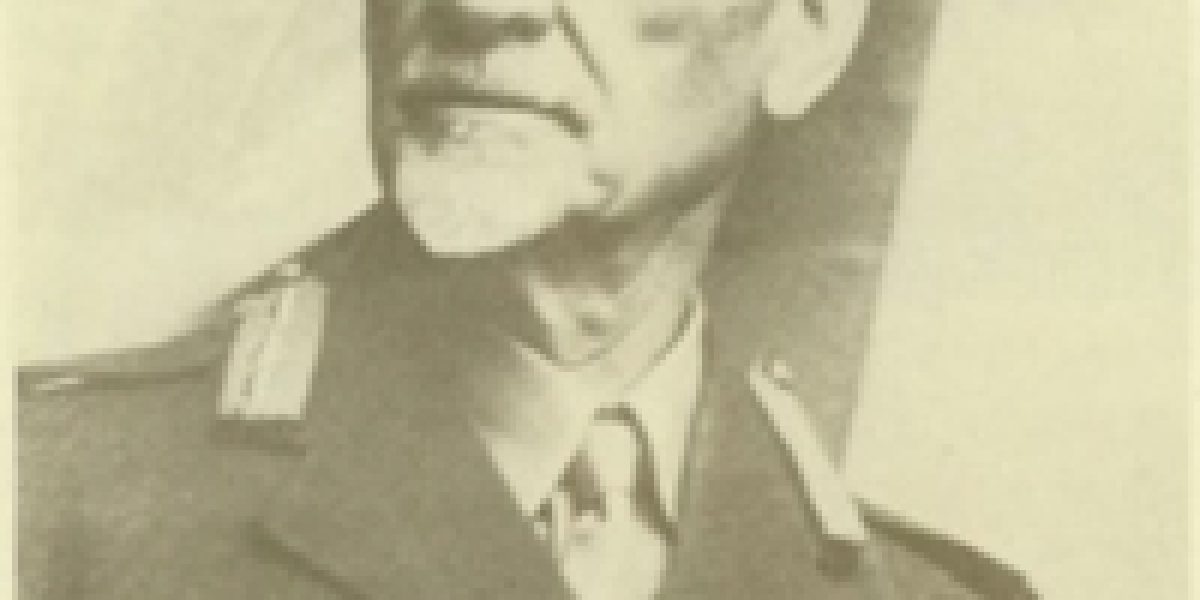Sculpted by Rhona Stern, it has been executed with a rough, almost unfinished surface. An unbuttoned shirt with a wide, peeled-back collar suggests the sort of exertion (of a soldier? a farmer?) that would have discounted the ubiquitous neckpieces of the day – an incomplete task, perhaps. Smuts’ face seems reflective, his eyes almost dreamily set on the distance, his mouth unspeaking.
Smuts lived an extraordinary life, spanning the varied experiences of a farm boy who only learned to read at 12, a student at Cambridge, a Boer War guerrilla leader, a politician and prime minister of South Africa, philosopher and statesman of global renown. And yet, although he died at 80, perhaps his dominant legacy was that of a vision unfulfilled.
Smuts’ thoughts on the nature of the world were to be found in his philosophy of holism. This was set out in his work Holism and Evolution, published in 1926. In broad strokes, the contention was that a whole was greater than the sum of its parts. Complete wholes would tend to combine into ever greater and more complete wholes.
This idea was clearly visible in his political work. It could be seen in unifying the four colonies that were to become the Union of South Africa. It was evident in his devotion to the British Commonwealth as a replacement to the empire – (the British Prime Minister Clement Attlee noted that Smuts often said that ‘no one did more than he to form the concept of the evolution of an empire into a Commonwealth’). Perhaps most notably, Smuts was a vocal proponent of building what we might today call ’global governance architecture’. He was involved with the establishment of the League of Nations and the United Nations – hoping that the latter would have the means to enforce its decisions, so as not to repeat the mistakes of the former.
Change and evolution were also central to Smuts’ thought. The change from lesser to higher and an interest in Darwin’s theories of evolution formed an integral part of his philosophy. His own views, too, altered with time. The same Smuts who had written a hard-biting tract against Britain’s role in Southern Africa and had been viewed as an irredeemable Boer die-hard, was later to be lauded as a model Commonwealth statesman, to the extent that plans were floated in 1940 that, in the event of the death of the British wartime Prime Minister, Winston Churchill, Smuts might take over.
Smuts’ legacy is not an unambiguous one. He was aloof and difficult to work with. Many in the National Party, which deposed his United Party in 1948, loathed him and the stances he had taken, particularly in leading South Africa into the Second World War. He shared many of the assumptions of his time, particularly about race relations. Although his government had shown signs of liberalising (an interesting might-have-been), and he had declared that segregation had ‘fallen on evil days’, nothing suggests that Smuts was prepared to concede a non-racial future. As an intellectual he knew that the prevailing relationships could not continue, but the politician in him could see no acceptable solution.
As indignation and protest mounted against South Africa’s apartheid policies, Smuts’ views on this matter counted against him. Although unambivalently on the right side of history during the Second World War (an attempt was even made to assassinate him), Nelson Mandela recounted how it was ironic that Smuts could address African students on the war aims, but show little appreciation for the absence of those values in South Africa. With time, appreciation for Smuts’ legacy waned. Like the bronze bust, Smuts’ legacy was muted.
But seldom does an historical figure stand up to a comprehensive moral interrogation. Mohandas Gandhi, whose path crossed Smuts’ in South Africa, had some uncomfortable racial views of his own. Ultimately, remarkable contributions and lofty inspiration can be offered by people who were deeply flawed. So it is with Smuts.
Jan Smuts House, and SAIIA, takes inspiration from Smuts’ many admirable qualities as a thinker and statesman. It is for those that he is remembered within these walls. In providing to South Africa insights to the outside world, in giving a voice to those whose views will influence the direction of the world, and in striving to produce and promote the highest standards of research and analysis, Smuts’ vision and spirit is kept alive. Winston Churchill said that Smuts ‘belonged to the world’. SAIIA would agree.








